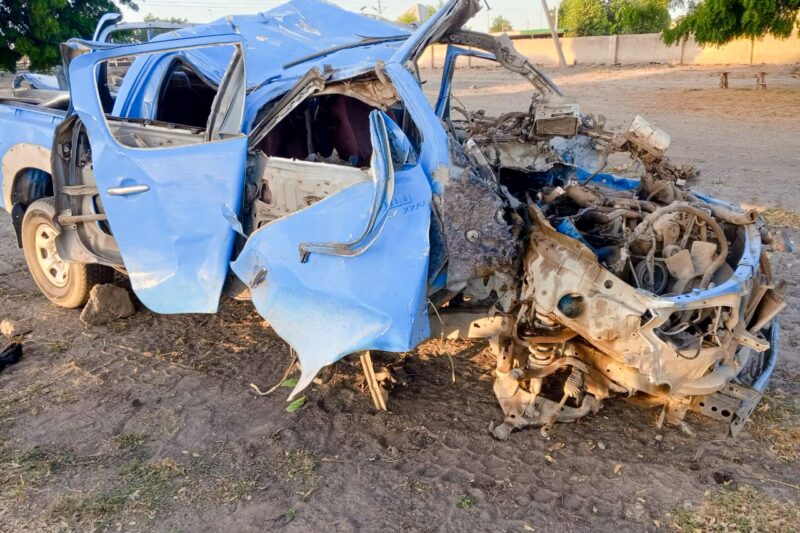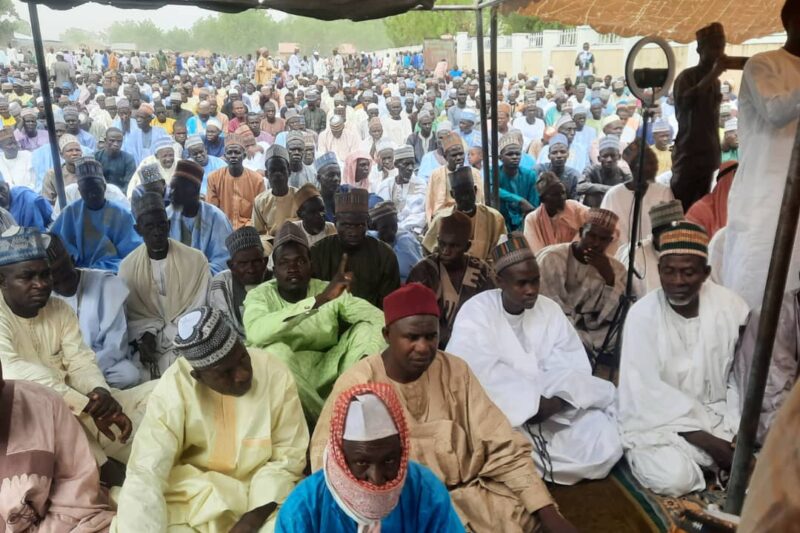Four months ago, the Nigerian government ordered all schools to be shut down as one of the measures to contain the spread of COVID-19. There are nearly sixty thousand cases in the country and more than half of the population still doubt the existence of the virus.
In order to fill the education deficit, government and some other local and international non -governmental organization introduced and sponsored virtual classes.
However, experts have pointed out some challenges facing the virtual classes especially in the northeast region where insurgents have destroyed almost half of the education facilities.
Some of the challenges, according to experts, are lack of access to radio, inadequate electricity supply and poor or no internet connectivity hindering the effectiveness of virtual classes.
A Radio Ndarason International reporter in Maiduguri today interviewed parents on the effectiveness of the virtual classes. They urged government to reopen schools to allow physical classes to take place instead of the virtual classes.
A resident of Furmari ward in Borno State, Zainab Ali applauded the effort of government by introducing the virtual classes but stressed that schools should be reopened as students cannot ask as many questions as they want during the virtual classes.
A parent, Abba Muhammed, also urged government allow schools to reopen, noting that the performance of students was decreasing and students don’t pay much attention during the virtual class.
At least 20 students were affected by COVID-19 when the federal government announced the reopening of schools so the final year students could write their examination, which was completed last week. But educationists predict dire results to due to the poor performance of virtual classes.








